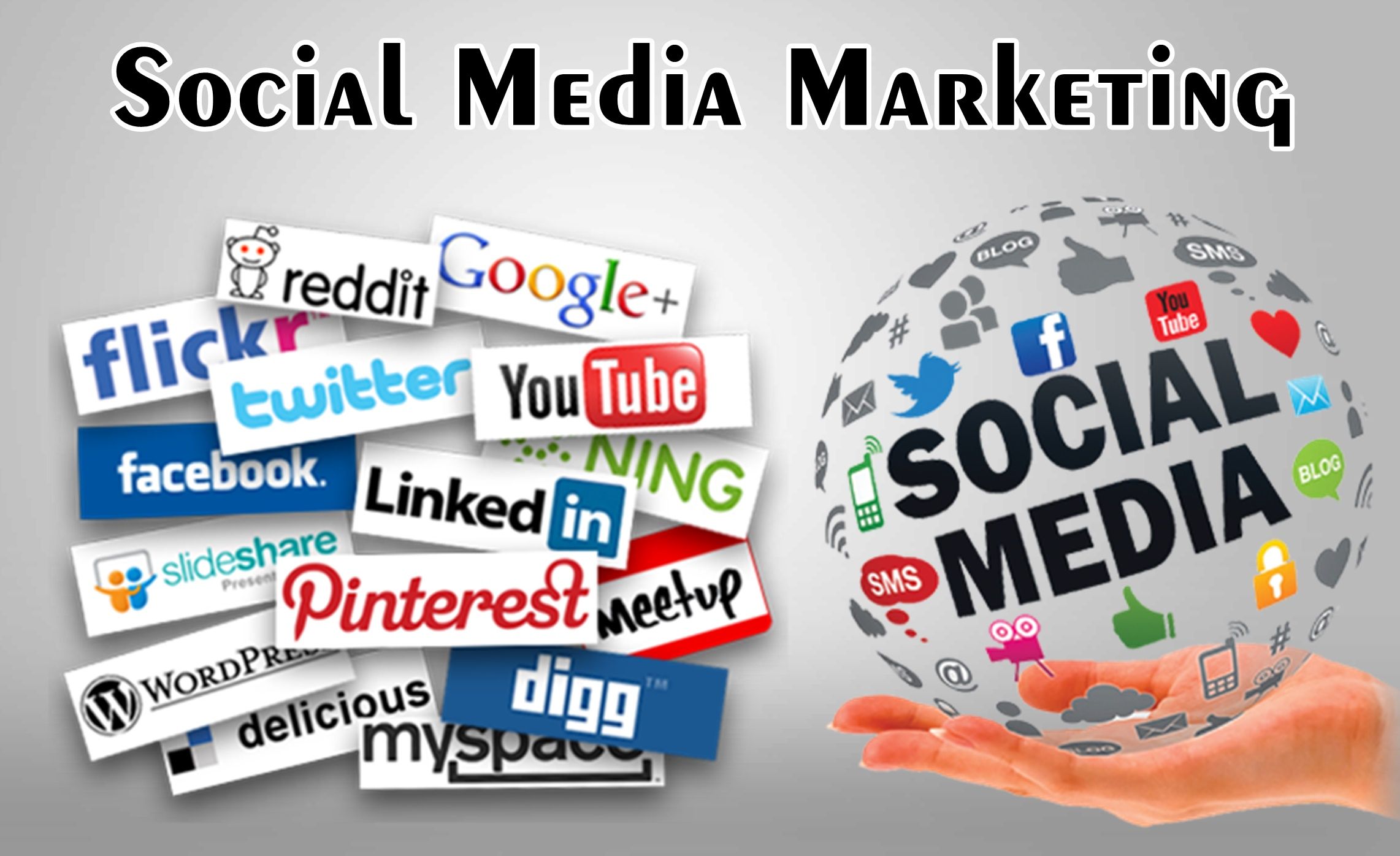
The Concept of Social Media Marketing
Social Media Marketing (SMM) is a dynamic digital marketing strategy that uses social media platforms to engage with target audiences, increases brand awareness, generate website traffic and ultimately achieve company’s goal. Social Media Marketing is fundamentally about creating and sharing content on social media platforms like Facebook, Twitter, Instagram, LinkedIn and others to engage users and attract potential audience.
This content can take several forms including text post, pictures, videos, surveys and live broadcast each suited a specific audiences and platforms. Community management, influencer collaboration, paid advertising and analytics tracking all are part of social media marketing which helps to maximize performance and analyze ROI.
By creating significant interaction, sharing informative content and keeping an active presence on social media, companies may build relationship with their audience, establish brand authority and drive conversions eventually adding to the overall success of their marketing efforts.
Role Of SMM

SMM plays an significant role in today’s digital landscape, providing as a strong tool for organization to reach and engage with their target audiences. Its major goal is to use social media platforms to promote products, services or content that boost website traffic and eventually meet marketing objectives. It is a great strategy for increasing website traffic and online reach. Business may increase site traffic and conversions by strategically sharing links to blog posts, product pages, promotion or other online resources with social media user.
Function Performed By SMM
Social Media Marketing (SMM) refers to a variety of services that work together to achieve marketing goals and promote brand growth. Here are some important functions performed by SMM:
- BRAND AWARENESS – Social media marketing (SMM) increases brand visibility and recognition by continuously sharing material on social media platforms, connecting with followers and highlighting the company’s value, services and values.
- AUDIENCE ENGAGEMENT – SMM enables direct communication and involvement, with the target audience, encouraging participation through likes, comments, share and other type of interaction.
- CONTENT DISTRIBUTION – SMM acts as a medium for spreading useful and relevant content, including as blog post, videos, photos, infographics and other multimedia formats in order reach a larger audience and increase traffic to the website.
- INFLUENCER MARKETING – It is a process of engaging with influencers and brand advocates to enhance reach, reputation and promote products or services to a larger audience through influencer partnership, sponsored content and testimonials.
- PAID ADVERTISING – SMM entails operating paid advertising campaigns on social media networks to reach specific target audiences, boost brand visibility, drive website traffic, and achieving marketing goals via targeted ads, sponsored content and promoted posts.
- REPUTATION MANAGEMENT – With SMM, businesses can monitor brand mentions, responds to comments, and manage online reviews to maintain a positive brand image and reputation across social media platforms.
In summary, SMM performs a variety of functions aimed at increasing brand awareness, engaging with target audience, driving website traffic, generating leads, leveraging influencer partnership, running paid advertising campaign and tracking performance metrics in order to achieve marketing goals and drive business growth.

